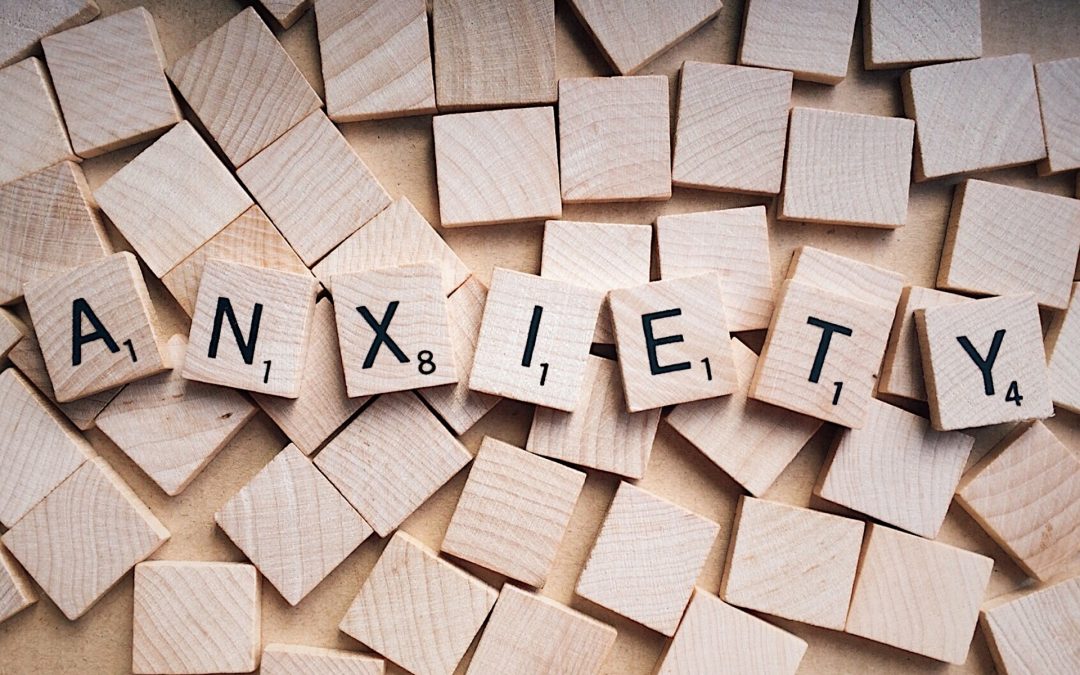Anxiety in social and performance situations
Social anxiety disorder (sometimes called social phobia) is marked by an intense and persistent fear of one or more social or performance situations. This anxiety occurs when anticipating a social event. This anticipatory thinking style can play a huge part in the maintenance of social anxiety and can lead to avoidance of social situations (Clark & Wells, 1995). Before the event, the person might consider the event in lots of detail and think about what might happen. This may be unhelpful at times if these thoughts are dominated by memories of past failures and expectations of poor performance. Furthermore, there might be negative thoughts of how spectators may perceive them, leading to feelings of rejection (American Psychiatric Association, 2013).
Young people are at risk
Although high levels of social anxiety can occur in childhood, adolescence seems to be the key time period in the development of the disorder. A number of physical and psychological changes occur in early to mid-adolescence (between the ages of 10 and 13 years) which may contribute to its emergence. For instance, physical changes occurring in puberty, socio-cognitive maturation, changes in the school environment and the increasing importance of social interactions with same age peers (Rapee & Spence, 2004).
Anticipatory thinking styles
Adopting an anticipatory thinking style can play a huge part in the maintenance of social anxiety but the tendency to do so might not all be negative. Adopting an anticipatory thinking style before a stressful situation may be seen by some as positive mental preparation. Thinking about past successes, generating positive self-images and figuring out what might work may be constructive ways to deal with the anticipated problems (Feldman & Hayes, 2005).
Others argue that positive thinking might create more problems than it solves. A recent Scandinavian study revealed that distracting one’s self from an upcoming anxiety-provoking social situation was an effective way to keep anxious feelings low (Vassilopoulos, Brouzos, Tsorbatzoudis, & Tziouma, 2017).
The study involved 87 children aged 12 and 13 years old attending an upcoming sports event in front of their peers. The children were instructed to either think positively about it or perform a task to distract themselves. The children told to think positively showed significantly increased anxiety levels, more catastrophic thoughts and more negative predictions of sports performance and appearance, compared to the children who were distracted.
Treatment for social phobia
To help youth who are experiencing difficulties with managing anxious feelings and thoughts in relation to a social or performance situation, it is helpful to know what their coping strategies are in response to stress to determine the most appropriate treatment pathway.
Cognitive behaviour therapy (CBT) is the most commonly used therapy for people with social phobia. Find out more about CBT by clicking here.


